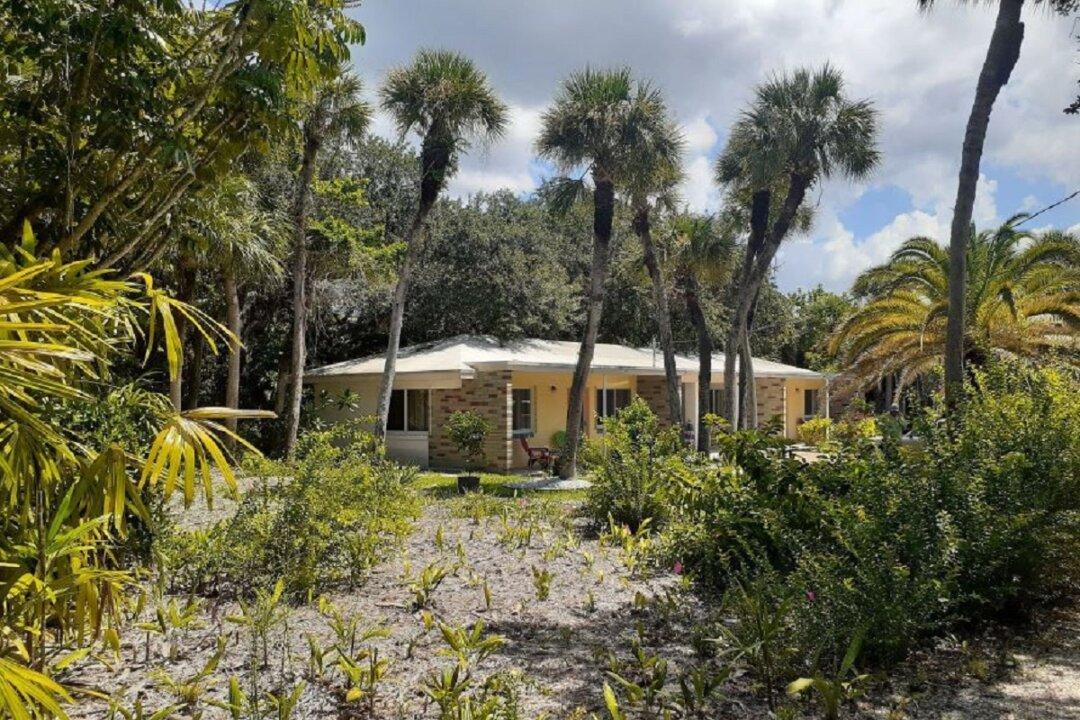Commentary
Are you longing for a vacation in harmony with nature? Do you seek inspiration from nature and human culture when you travel? Do you believe in strong personal property laws yet resent developers who come and destroy our natural, architectural, and farming heritage? Do you believe in personal liberty and protecting the environment at the same time?

